As writers, we are constantly on a mission to improve – at least you should be!
We can always learn something new, and the journey is something I enjoy the most.
You may or may not have heard this advice before, but I’d be willing to bet that most successful authors would agree reading is just as important as writing.
Reading is one of the best ways you can improve your writing skills.
Every writer has been transformed in some way by something they have read.
Reading can provide you with new inspiration, styles, structures, and techniques.
If you’ve been neglecting your reading life, here is your cue to reinstate it as a vital part of your writing career, rediscover the joy of reading and what it has to offer for your writing.

What to read:
Read books in the same genre that you write:
It’s important to keep up to date on the industry standards and trends.
Reading other books similar to yours can help you figure out where you stand within the market.
The books themselves can help spark creativity for your story.
Get to know what your target audience expects from your genre and how to craft the best experience for them.
Look at new releases and past fan favorites to see what makes them great and how you can apply the narrative techniques to your own writing.
Your goal should be to learn new tricks of the trade from others.
Read to learn the business of publishing:
Reading can also help you get a better understanding for the publishing side of things.
Look at which imprints are publishing similar books as yours to get an idea of where you can query.
Know how you compare and contrast to the “competition” and decide what makes your voice and story stand out from the rest.
Read to learn about writing:
There are many great books on the art of writing itself.
Aim to read at least a few books this year that are specific to writing and narrative craft to expand your knowledge and grow your skills.
Read for research:
You may find that your story or characters involve things that you are unfamiliar with and you need to do some research.
This is a fairly straightforward concept so I won’t go into much detail here, but you can do your research online or in your local library to find books that will help you to build certain aspects of your story.
Read outside of your genre:
I suggest also reading things outside your own genre or typical interests.
Along with reading critically, you want to read objectively.
Although a book may not be to your tastes, it doesn’t necessarily mean the writing is bad.
So look at things from this perspective and read outside your comfort zone.
You may find new, interesting, unique ways to spice up your own writing that you mat never have thought of before.
You can find alternative ways to bend genre expectations and bring new fresh perspectives to your readers.
So be open to reading other things and you may surprise yourself at the benefits you get from it.
We can all learn something from studying different types of writing and what they have to offer.
Read out of your genre to see what other kinds of writers have to offer.
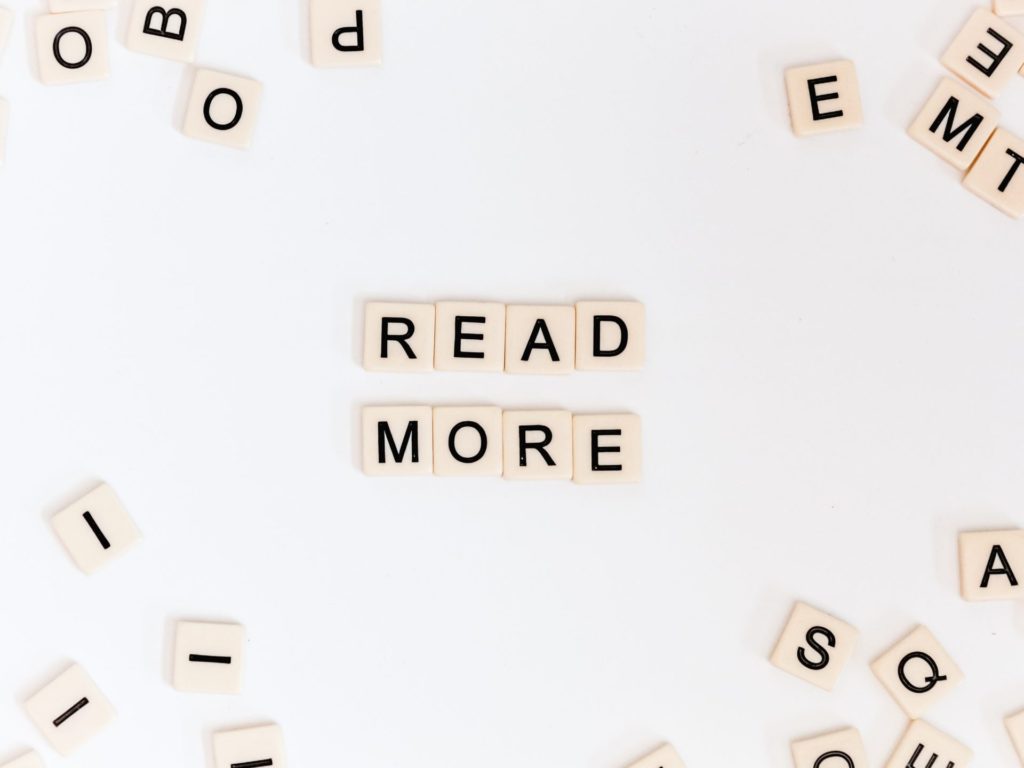
How to read:
If you read with a critical eye and take notes, you can use what you learn as lessons to improve your own writing.
This is a completely different kind of reading.
Instead of simply getting lost in the story, take an objective approach and look at what the author did to keep you engaged (or not).
It can give you a glimpse into things you may want to accomplish, include, or even leave out, of your own story.
And, of course, I’m most definitely not saying to copy other people.
You want to maintain your own unique voice and style in your writing because that’s what makes it stand out.
But you can glean new things while you’re reading that can further your writing journey and career as an author.
What to do while you read:
Keep a journal or computer next to you to while you read so you can take notes along the way.
Or write, highlight, or tab the book and come back to it later. Whatever works best for you.
Make sure you take note of the things that stand out to you so you can think critically about it afterwards and apply it to your own writing later.

What to take notes on:
If you are not sure exactly what you should be looking for while you read, or you need a few ideas, here is a list of things I recommend keeping track of and taking notes on while you read:
1. Story Structure
Is there a prologue and/or epilogue? What purpose does it serve?
How are the chapters/sections put together?
Does the story have one narrator or multiple? How does this affect the story?
Is the story’s act structure clearly defined?
Do the chapters/sections have their own arc structure? How do the parts fit together as a whole?
2. Language and Vocabulary:
List interesting phrases and word choices.
Note adjectives and verbs that strike you.
Are there any descriptions, metaphors, or similes done in a unique and fresh way?
3. Front and Back Matter:
How does the book blurb hook the reader? How much about the story and characters is given away in it?
Does the author bio make you want to read more books from them?
What about the cover makes you want to pick up the book?
Is the title catchy and intriguing?
Analyze the extra materials (maps, indexes, glossaries, etc.) for insight and inspiration.
4. Audience:
Who is the ideal reader of this book? How do you know?
Who would or would not enjoy this book?
What other similar books can you think of?
Does this book have mass appeal or niche?
5. Pitfalls:
Are there any awkward bits?
Are there any plot holes?
What could make the book better?
6. Voice:
How is the author’s style unique?
How does the writing keep you engaged (or not)?
How does the flow of the writing move the story?
Does the dialogue feel natural and effortless? Why or why not?
7. Characters:
What point of view is the story written in? Are there multiple? Does it work well?
What kind of backstory is given?
How dimensional are the characters?
Are they likeable or relatable?
What are the character arcs? How do they change throughout the story?
What are their motivations, wants, needs, or goals? How do you know?
8. Pacing:
How does the story feel from beginning, middle, to end?
Is there significant conflict, climax, and resolution?
What are the transitions and turning points?
Are there first-sentence hooks?
Are there cliff-hangers at the end of chapters that made you want to keep going?
9. Plotting:
What is the inciting incident?
What obstacles do the characters face?
Are there plot twists? Do they work well?
Is there tension and suspense built along the way?
What gets resolved and what is left open-ended?
What type of research did the author have to do on events, cultures, or topics?
10. Longevity:
Would you read this book again?
Would you continue reading the series?
Would you read other books by this author?
What makes this book similar or different to others?
Why and who would you recommend this book to someone?
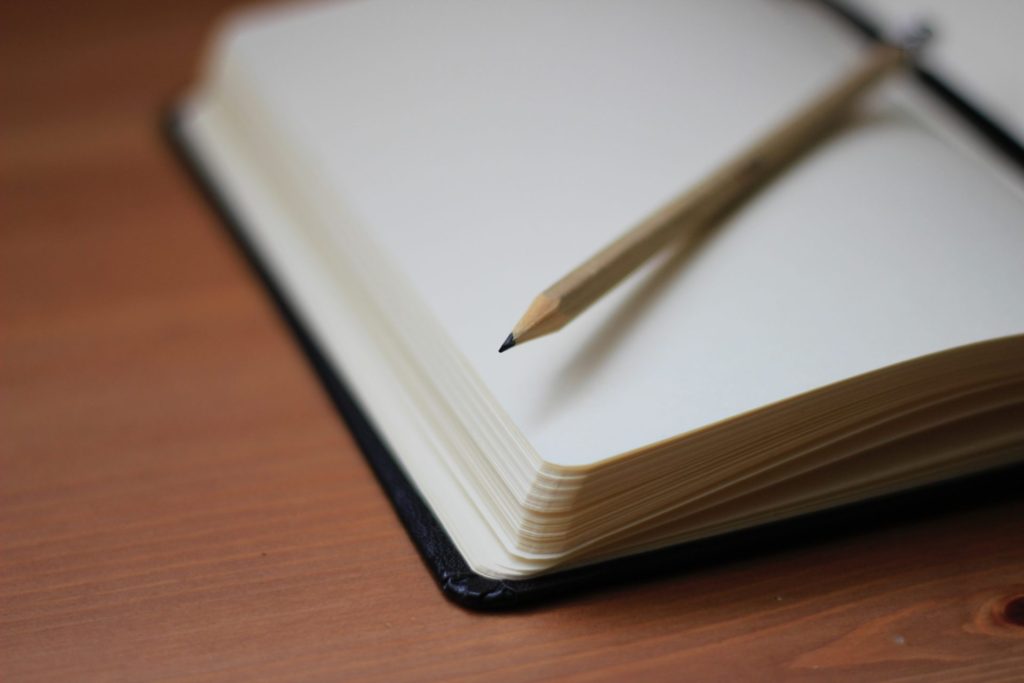
This is by no means a complete list of things that you could take note on, but it is a great place to start and get you going with it.
Reading objectively and critically can really help you understand what makes a book great and give you insight into how to improve your own story.
Make the commitment today to read often and read broadly.
Decide on your reading goal and stick to it.
If you want to learn more about how to set goals and actually achieve them, you can read this post here.
You can use a tool like Goodreads or a reading journal to track your progress.
If you want to learn more about reading journals, start here.
You’ll be surprised to see how much this method will improve your writing.
Join the Conversation:
What books have you found helpful to analyze?
Are there other things you look for as you read?
What books have you read that have taught you something valuable?
Have you read a book that has changed your writing?
Tell us in the comments below!
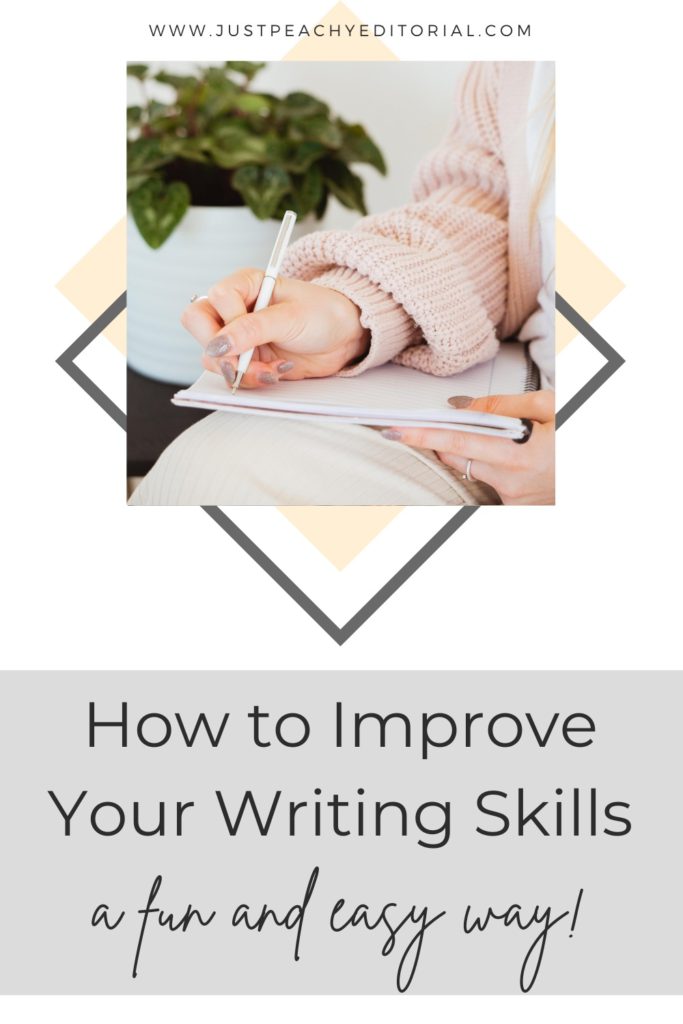
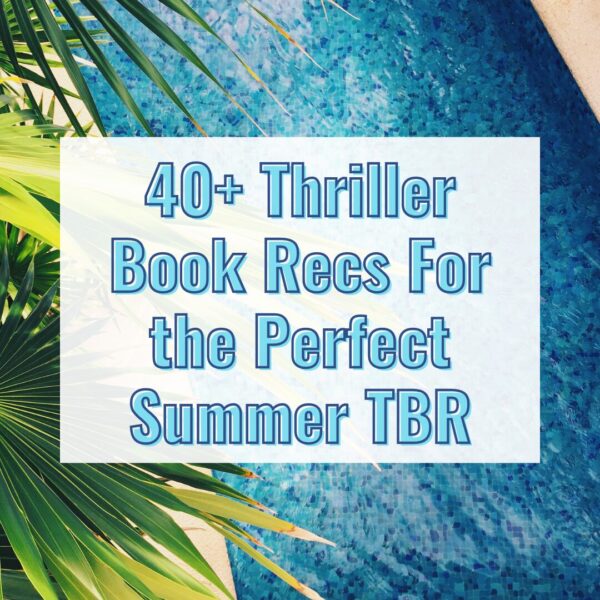
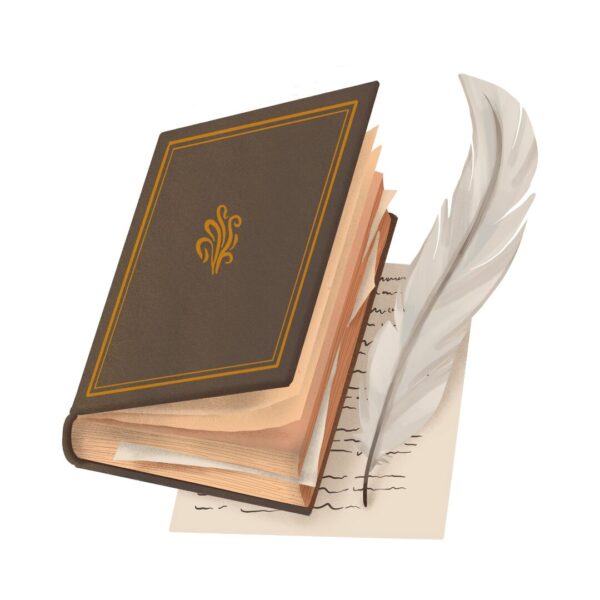

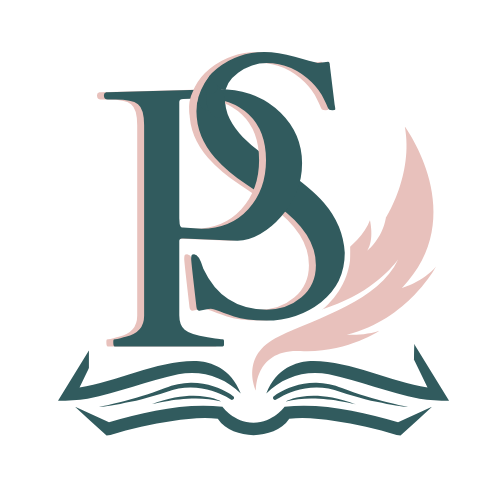

Leave a Reply